Concepts of Space in Traditional Indian Architecture
Synopsis
This book is an attempt to answer the questions: what makes historic architecture awe-inspiring? Why have architectural masterpieces retained their vitality even after so many centuries? What spatial qualities and organizational principles have rendered them timeless? At the outset the author sets forth fundamental Indian philosophical and ideological tenets--the Indian notion of time, the duality of existence, the concept of a world within a world, the idea of opposites as counterpoints, the role of semiotics in providing visual dues in architecture, and the changing perception of space while in movement. Design principles as dictums for space organization are inferred and exemplified in a range of traditional Indian architectural examples. He takes up for detailed analysis five Indian architectural sites: the ingenious structure of the Rudabai Stepwell at Adalaj, near Ahmedabad; the Kailash temple at Ellora, the most magnificent example of rock-cut architecture; the Sun Temple of Modhera with its unique water-tank; Udaipur's City Palace, built over four centuries; and the Sarkhej Rauza in Ahmedabad, noted for its austere beauty and dynamic campus design. Discussion of each site is made more graphic with a wealth of visual materials--photographs, architectural plans with analytic overlays and volumetric constructs. Miniature-style reproductions are drawn for each example to reconstruct spatial, environmental and experiential qualities. These are used to demonstrate the universality of communication in Indian architecture. The author particularly emphasizes with role of kinesthetics in guiding the perception of space while in movement. And he shows how the process of encoding and decoding between space and the perceiver orchestrates spatial narratives. The study unravels the inherent virtues of traditional Indian architecture and interprets them as universal dictums, relevant even in today's world.
Read more
83.70
75.33
$
93.00 $
Free delivery Wolrdwidе in 10-18 days
Ships in 2-4 days from New Delhi
Membership for 1 Year $35.00
Get it now and save 10%
Get it now and save 10%
BECOME A MEMBER

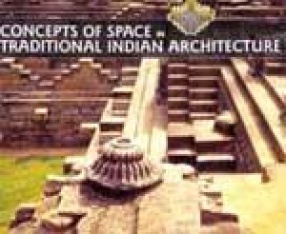
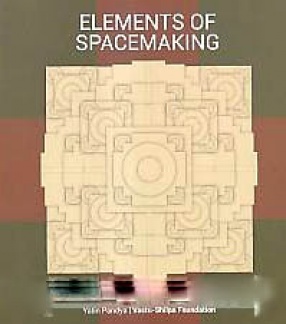
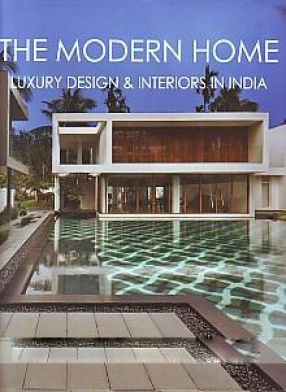
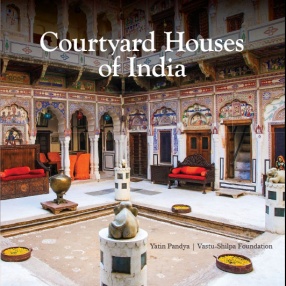
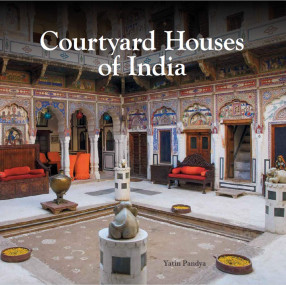
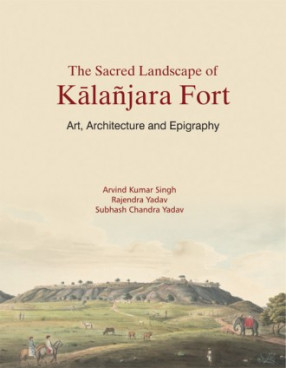
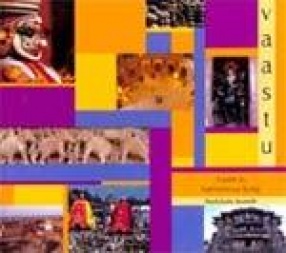
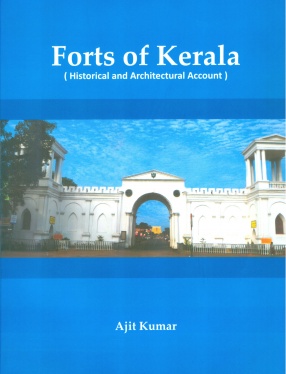
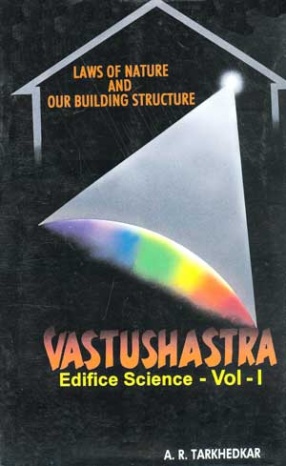

Bibliographic information